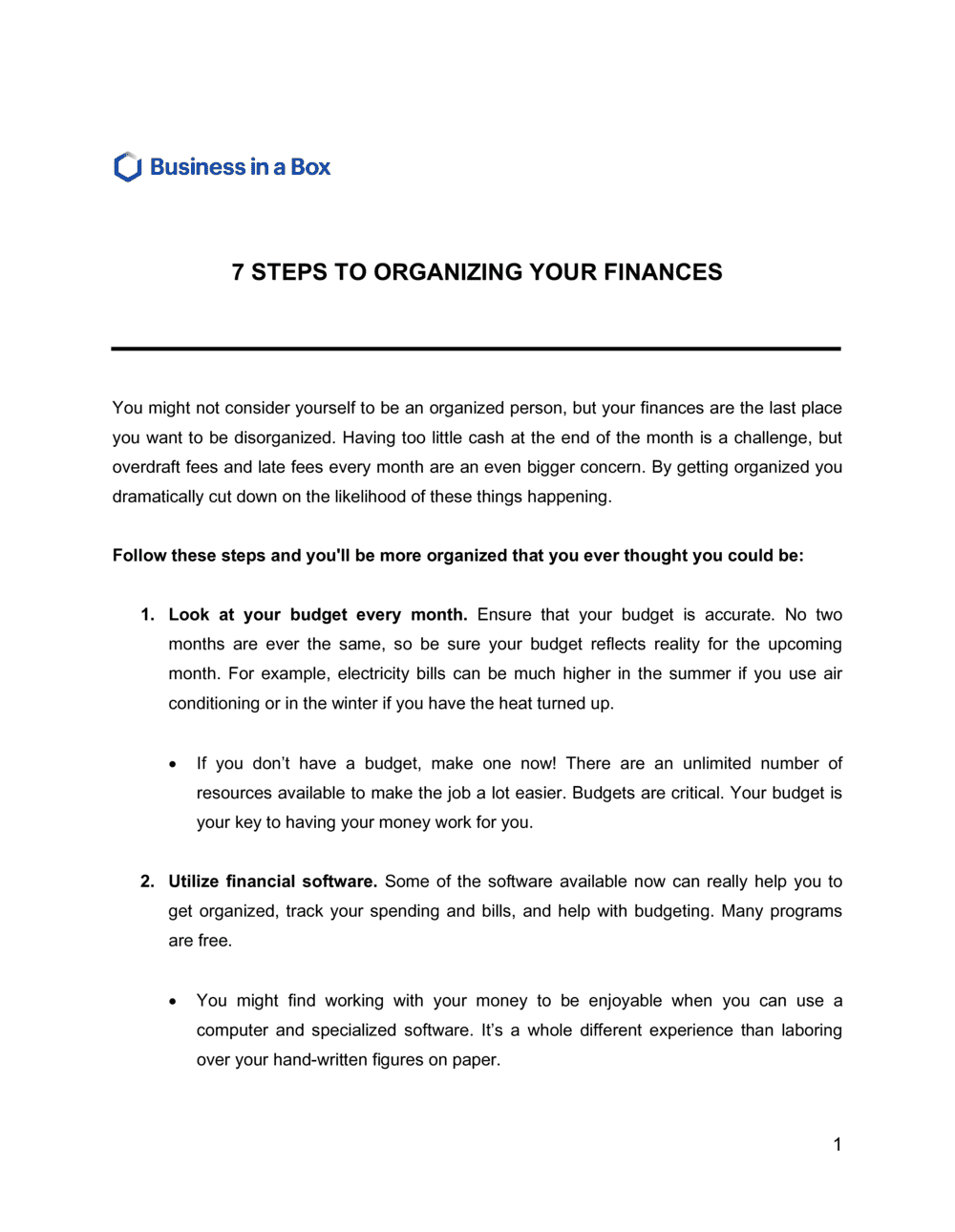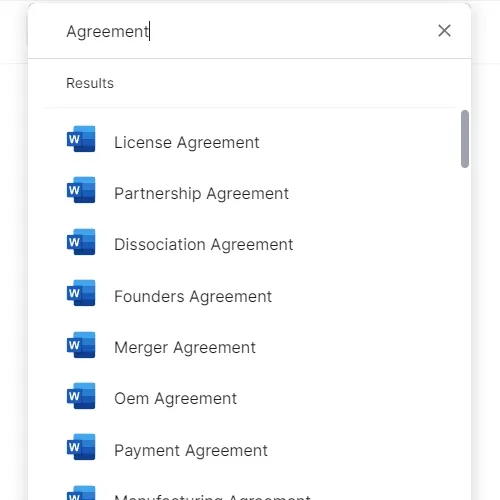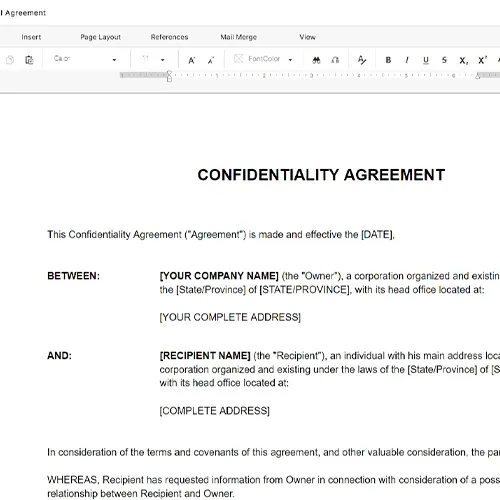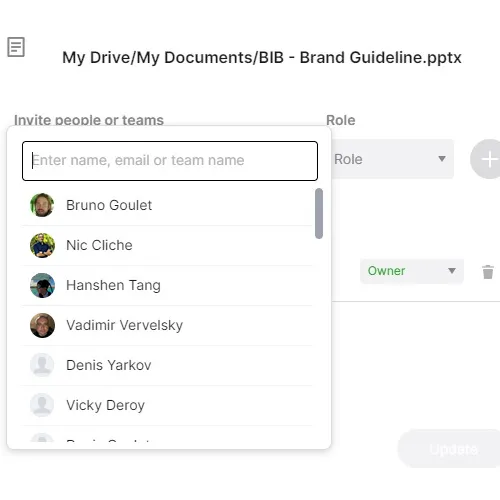7 Steps To Organizing Your Finances Template

Document content
This 7 steps to organizing your finances template has 3 pages and is a MS Word file type listed under our finance & accounting documents.
Sample of our 7 steps to organizing your finances template:
7 STEPS TO ORGANIZING YOUR FINANCES You might not consider yourself to be an organized person, but your finances are the last place you want to be disorganized. Having too little cash at the end of the month is a challenge, but overdraft fees and late fees every month are an even bigger concern. By getting organized you dramatically cut down on the likelihood of these things happening. Follow these steps and you'll be more organized that you ever thought you could be: Look at your budget every month. Ensure that your budget is accurate. No two months are ever the same, so be sure your budget reflects reality for the upcoming month. For example, electricity bills can be much higher in the summer if you use air conditioning or in the winter if you have the heat turned up. If you don't have a budget, make one now! There are an unlimited number of resources available to make the job a lot easier. Budgets are critical. Your budget is your key to having your money work for you. Utilize financial software. Some of the software available now can really help you to get organized, track your spending and bills, and help with budgeting. Many programs are free. You might find working with your money to be enjoyable when you can use a computer and specialized software. It's a whole different experience than laboring over your hand-written figures on paper. Keep all your bills in one place. Avoid leaving some of them on the kitchen counter, some in the junk drawer, and some on the desk. Having one specific location for all your bills will ensure that nothing gets lost, and it'll also give you the best chance to ensure that everything gets paid on time.
3,000+ Templates & Tools to Help You Start, Run & Grow Your Business

Document content
This 7 steps to organizing your finances template has 3 pages and is a MS Word file type listed under our finance & accounting documents.
Sample of our 7 steps to organizing your finances template:
7 STEPS TO ORGANIZING YOUR FINANCES You might not consider yourself to be an organized person, but your finances are the last place you want to be disorganized. Having too little cash at the end of the month is a challenge, but overdraft fees and late fees every month are an even bigger concern. By getting organized you dramatically cut down on the likelihood of these things happening. Follow these steps and you'll be more organized that you ever thought you could be: Look at your budget every month. Ensure that your budget is accurate. No two months are ever the same, so be sure your budget reflects reality for the upcoming month. For example, electricity bills can be much higher in the summer if you use air conditioning or in the winter if you have the heat turned up. If you don't have a budget, make one now! There are an unlimited number of resources available to make the job a lot easier. Budgets are critical. Your budget is your key to having your money work for you. Utilize financial software. Some of the software available now can really help you to get organized, track your spending and bills, and help with budgeting. Many programs are free. You might find working with your money to be enjoyable when you can use a computer and specialized software. It's a whole different experience than laboring over your hand-written figures on paper. Keep all your bills in one place. Avoid leaving some of them on the kitchen counter, some in the junk drawer, and some on the desk. Having one specific location for all your bills will ensure that nothing gets lost, and it'll also give you the best chance to ensure that everything gets paid on time.
Easily Create Any Business Document You Need in Minutes.

Access over 3,000+ business and legal templates for any business task, project or initiative.

Customize your ready-made business document template and save it in the cloud.

Share your files and folders with your team. Create a space of seamless collaboration.
Templates and Tools to Manage Every Aspect of Your Business.
Business in a Box Covers Every Business Department
Includes 16 Types of Business Documents You Need
and Achieve Your Business Goals Faster.
